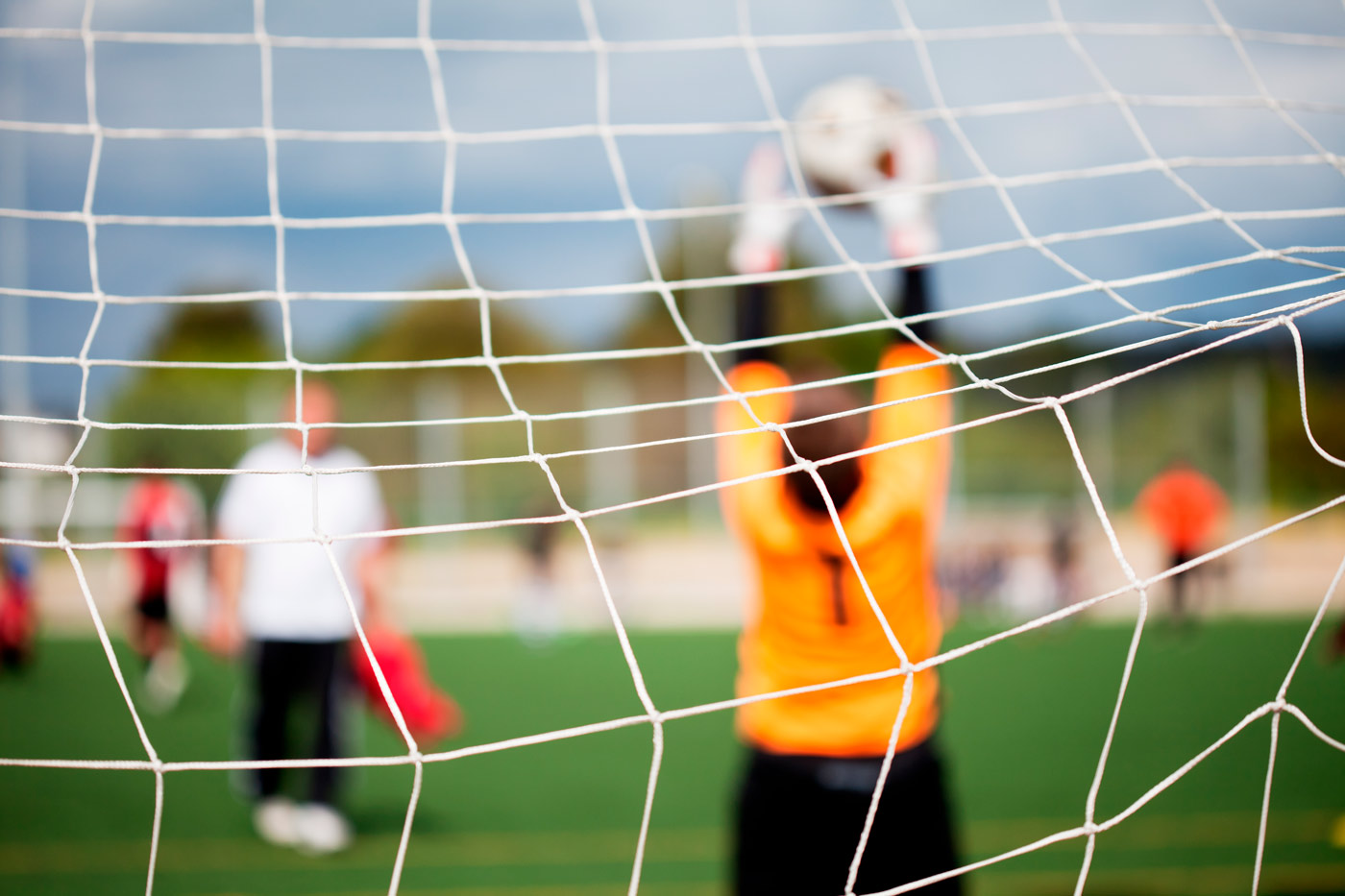Typically, the teenage years are tricky for most people and puberty adds a further dimension that has to be managed. Combine this with ADHD and life can be challenging. The secondary school dynamic with an increased number of students and staff to interact with and a larger environment has the potential to unsettle a teenager with ADHD.

So let’s have a look at some things that might happen and how they could be managed.
Teasing and bullying
So what is the difference in these two interactions? Teasing is mild and is often done between friends as a joke eg. ‘bad hair day’ if your hair is not how it usually is. Bullying is intimidating and often persistent eg. ‘hey geek, I need you to give me the answers to the take home test and don’t tell anyone or I’ll get you after school’. Bullying is not acceptable and needs to be reported to your teachers, parents or another adult. A bully has usually been bullied themselves so they need help as well.
Conversations
Sometimes it is difficult to know when to start a conversation and how to end it. Talking to someone of the opposite gender can also initially be tricky and scary. What is important to remember is not to talk over the top of others and not to take over the conversation.
Body language
As we get older body language is a way of communicating and interacting with people without using words. Sometimes it is hard to understand all the signs so get a trusted friend or adult to help you with this.
ADHD
Understand how your ADHD affects you. Are you impulsive, hyperactive and lacking in attention skills? Be aware of these things and what the triggers for these might be. If you find the conversation is becoming boring, instead of talking over the top of people or demanding a change of topic, excuse yourself politely and walk away.
Sports
Being able to demonstrate good sportsmanship and participation is another area that helps when interacting with others. There will always be winners and losers in a game. It is how you manage this that is important. If you are the winner, celebrate, but don’t go ‘over the top’ and upset your opponent. If you are the loser don’t sulk or blame someone else, take it on the chin as next time you might win.
Observe your friends and family to see how they interact with each other. Talk to your teachers and trusted friends and family members if you are finding this tricky. If you have another learning disability such as Autism Spectrum Disorder(ASD) or an Intellectual Disability(ID), then there are further strategies to help you in this website.